Ukrainian hackers have struck a blow to Russia’s drone capabilities by infiltrating and dismantling the digital infrastructure of Gaskar Group, a key manufacturer supplying unmanned aerial vehicles to Moscow’s military. This operation, involving hacktivist groups and Ukraine’s intelligence, highlights the escalating role of cyber warfare in disrupting UAV production amid the ongoing conflict.
Details of the Drone Supplier’s Breach
The attack targeted Gaskar Group, a Moscow-based company linked to Russian Deputy Prime Minister Marat Khusnullin. Hackers from the BO Team, Ukrainian Cyber Alliance, and Ukraine’s military intelligence coordinated the effort, according to TechCrunch. They seized control of the company’s entire network and server setup. The groups collected sensitive data on current and future unmanned aerial vehicles before erasing files and shutting down systems.
In their announcement, the hackers stated they “carried out large-scale work to seize the entire network and server infrastructure of the Gaskar Group, collect valuable information about existing and promising [unmanned aerial vehicles], followed by the destruction of information and the disabling of this infrastructure.”
This raises questions about the vulnerability of defense contractors to such intrusions. The breach destroyed more than 250 systems, including 46 virtual servers and over 200 workstations. 23 Hackers wiped 47 terabytes of company data and 10 terabytes of backups, while stealing employee personal details like home addresses and family information.
The operation extended to Gaskar Integration, a subsidiary focused on UAV development. Ukrainian forces gained access to over 47 terabytes of technical data, including UAV design documents, which they transferred for analysis. The attack reportedly halted operations at the company’s development center, with systems like internet access, accounting software, and electronic locks failing. Employees resorted to emergency exits due to locked doors.
Impact on Drone Operations
Gaskar Group supplies drones to the Russian military, a critical asset since the 2022 invasion where both sides have relied heavily on UAVs for reconnaissance and strikes. The cyber strike paralyzed the enterprise, forcing staff to remote work as production stalled. This could reduce Russia’s drone output in the short term, though recovery might occur eventually.
The stolen documentation includes design, technical, and financial records, potentially exposing weaknesses in Russian UAV models. Such intel benefits Ukraine’s defense by informing countermeasures or inspiring their own drone advancements. However, the full extent remains unverified independently, and Gaskar Group has not responded to requests for comment.
Evidence from the hack includes internal camera feeds showing drone assembly lines, underscoring Gaskar’s role in military UAV production.
Regulatory and Strategic Shifts
This incident underscores cyber risks in the drone industry, where manufacturers face threats from state-backed and independent actors. No immediate regulatory changes have emerged, but it may prompt tighter cybersecurity protocols for defense suppliers worldwide.
For drone professionals, the attack illustrates how digital vulnerabilities can disrupt supply chains, affecting availability and costs. Recreational pilots might see indirect effects if global tensions influence export controls or component prices. Economically, the financial losses from data destruction and downtime could strain Gaskar’s operations, though exact figures are unavailable.
The broader trend shows cyber operations complementing physical drone warfare, with Ukraine leveraging hacks to counter Russia’s numerical advantages in UAVs. This development could encourage similar tactics elsewhere, raising ethical questions about targeting civilian-linked firms in conflicts. Yet, as claims go unrefuted, the operation stands as a tactical win for Ukraine in the digital domain.
Photo courtesy of Herm1t / X
Discover more from DroneXL.co
Subscribe to get the latest posts sent to your email.
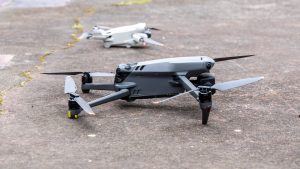
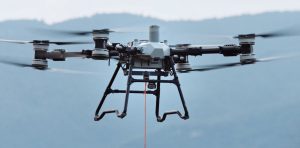
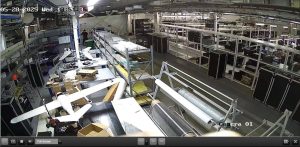



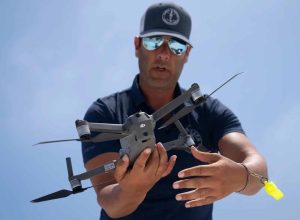

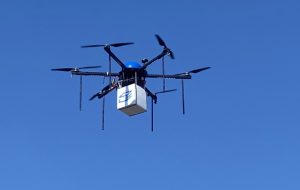
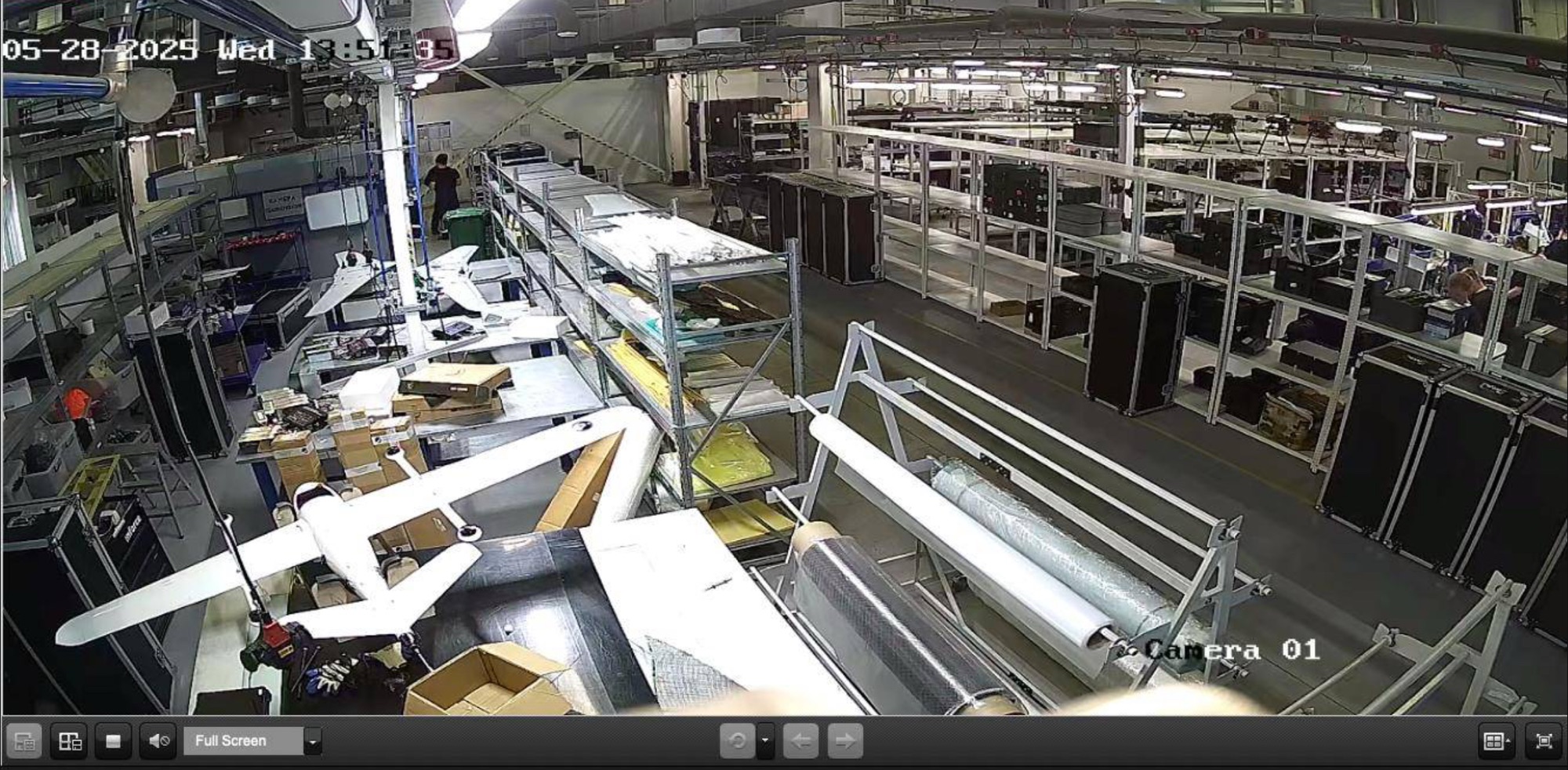
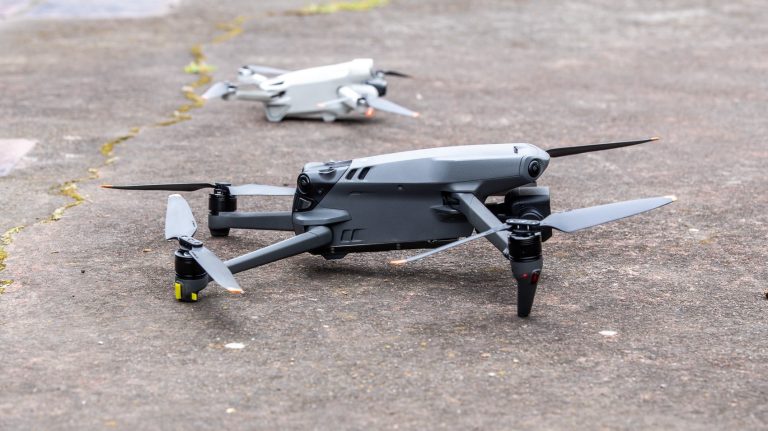
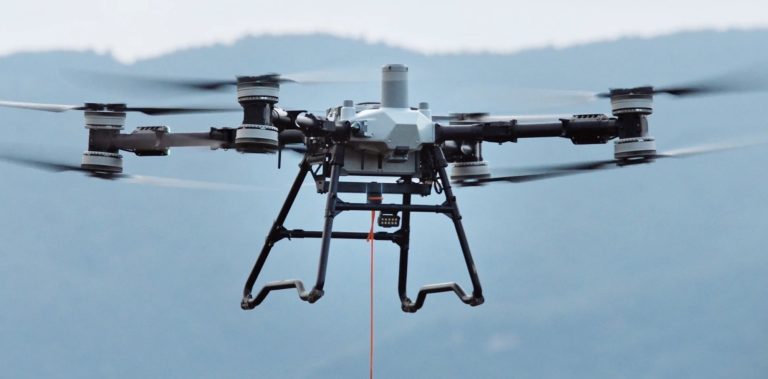

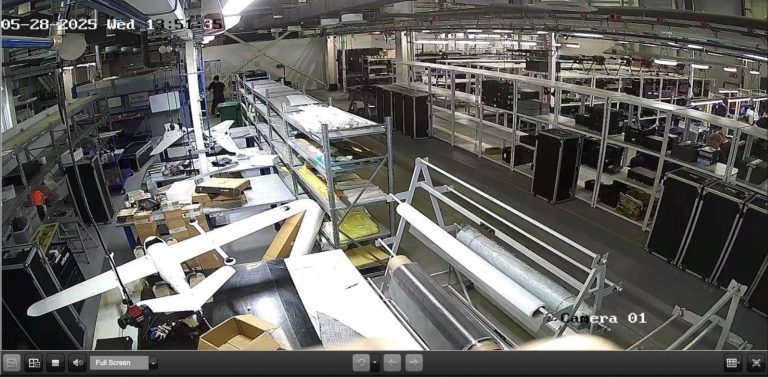


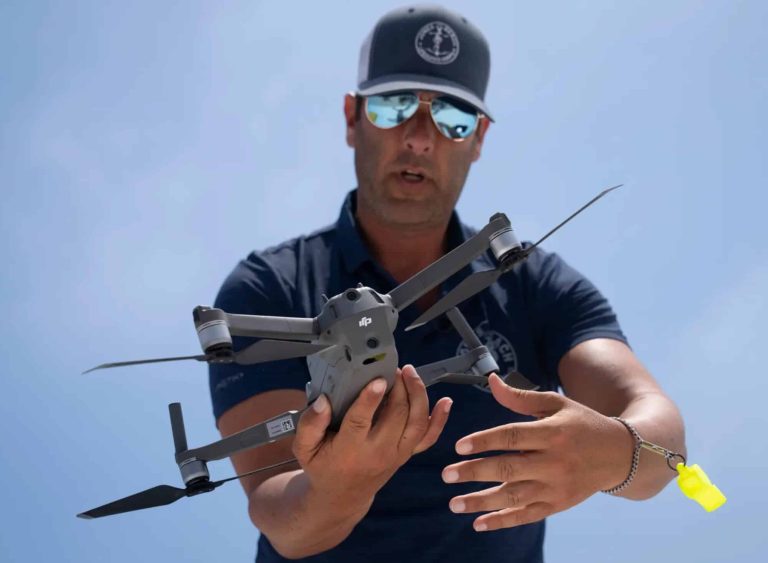

+ There are no comments
Add yours